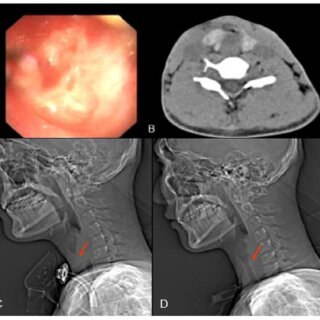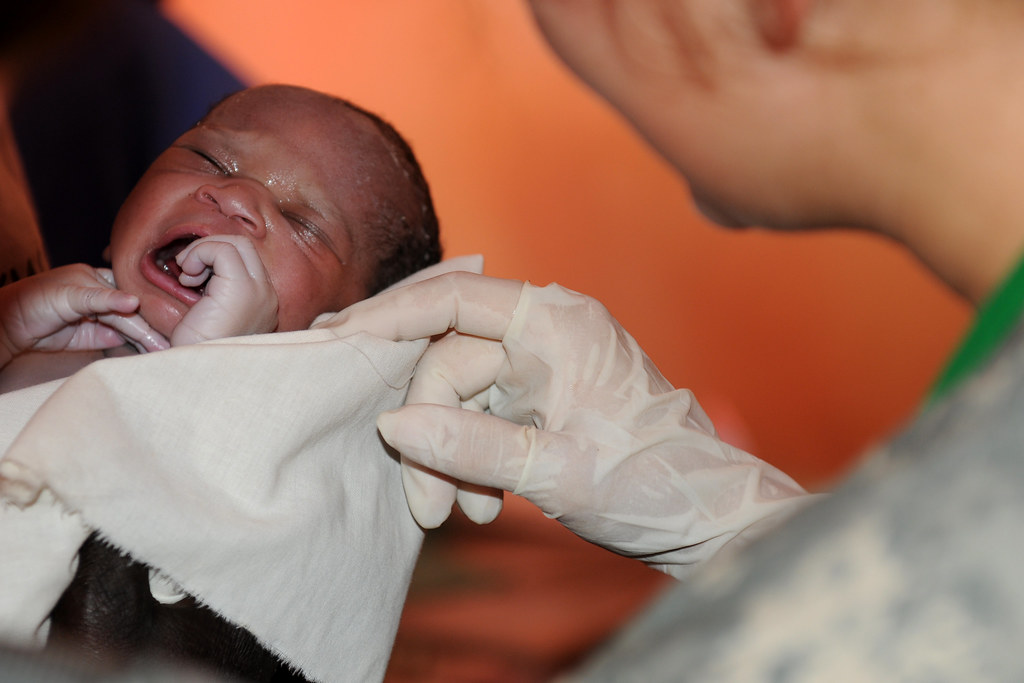Movement disorders are neurological conditions that affect the speed, fluency, and control of body movements, often impacting daily activities and well-being. From Parkinson’s disease to dystonia, effective management requires a combination of medical care, lifestyle adjustments, and supportive resources. Understanding practical tips and available tools can help individuals with neuromuscular disorders improve mobility and enhance overall well-being.
Neuromuscular Disorders Explained
Movement disorders stem from damage or malfunction in the central nervous system, which includes the brain and spinal cord. Your brain processes information from your body and sends signals back to control movement. When this system experiences disruption, it results in abnormal movements affecting speed, fluency, and accuracy.
Medical professionals develop individualized treatment plans based on specific conditions, underlying causes, age, and symptom severity. Treatment options often include oral medications to manage symptoms, intravenous infusions for severe cases, and therapeutic interventions. Physical therapy often helps maintain mobility and strength, while occupational therapy focuses on adapting daily activities to your abilities. Working closely with your healthcare team helps optimize your treatment plan over time. Regular evaluations enable adjustments to medications and therapies as your condition evolves.
Practical Tips
Adapting your daily routine makes living with movement disorders more manageable. Start by organizing your living space to reduce fall risks and improve accessibility. Remove loose rugs, install grab bars in bathrooms, and keep frequently used items within easy reach. Good lighting throughout your home prevents accidents and makes navigation easier.
Assistive devices provide significant help with daily tasks. Weighted utensils reduce tremors during eating, while button hooks and zipper pulls simplify dressing. Voice-activated technology controls lights, phones, and entertainment systems when fine motor skills become challenging. Adaptive equipment for writing, such as weighted pens or voice-to-text software, helps to maintain communication abilities.
Lifestyle Habits
Regular physical activity benefits people with movement disorders by maintaining muscle strength, flexibility, and balance. Low-impact exercises, such as swimming, yoga, or tai chi, provide gentle movement while supporting overall fitness. Always consult your healthcare provider before starting a new exercise program to make sure activities align with your specific needs and limitations.
Nutrition plays a key role in managing neuromuscular disorders. Some medications work better when taken with or without food, while certain nutrients may interact with treatments. A balanced diet supports overall health and provides energy for daily activities. Stay hydrated, as dehydration worsens some movement disorder symptoms.
Sleep quality affects symptom management and overall well-being. Establish consistent sleep routines and create comfortable sleeping environments. Some neuromuscular disorders cause sleep disturbances. Discuss sleep issues with your healthcare team to determine appropriate interventions.
Support and Helpful Resources
Support groups connect you with others who understand the challenges of living with movement disorders. Many organizations offer both in-person and online support groups, providing opportunities to share experiences and learn coping strategies. Mental health support addresses the emotional aspects of living with chronic neurological conditions.
Counselors specializing in chronic illness help develop coping strategies and address anxiety or depression that may accompany movement disorders. Family counseling supports loved ones who also navigate the challenges of neuromuscular disorders. Community resources provide practical assistance with daily needs. Transportation services help maintain independence when driving becomes difficult. Meal delivery programs support nutrition when cooking becomes challenging.
Schedule an Evaluation for Movement Disorders
Managing neuromuscular disorders requires comprehensive care that addresses medical treatment, daily living adaptations, and emotional support. Working with experienced neurologists who specialize in movement disorders helps optimize your treatment plan and well-being. Schedule a professional evaluation with a qualified neurology specialist for a personalized treatment approach that addresses your specific needs.
- Pedrovazpaulo Wealth Investment: Unlocking Financial Freedom Through Innovative Strategies
- EO Pis: A Comprehensive Guide to Environmental Objectives and Performance Indicators
- Premiumindo69: The Future of Digital Entertainment
- Macadamia Nut Milk: Health Benefits, Recipes, and Why It’s the Perfect Dairy-Free Alternative
- Hentquz: The Future of Productivity and Collaboration


